FOG HOUSE
THE GARDEN HOUSE SERIES
PROTOTYPE DESIGN DEVELOPMENT
NAMIBIA
THE GARDEN HOUSE SERIES
PROTOTYPE DESIGN DEVELOPMENT
NAMIBIA
Africa has some of the most dynamic climate on earth, and Namibia is a good case study for how to adapt to environmental change.
Fog is a natural phenomenon that can create multiple challenges for development, but through the fog emerges a new prototype of sustainable infrastructure.
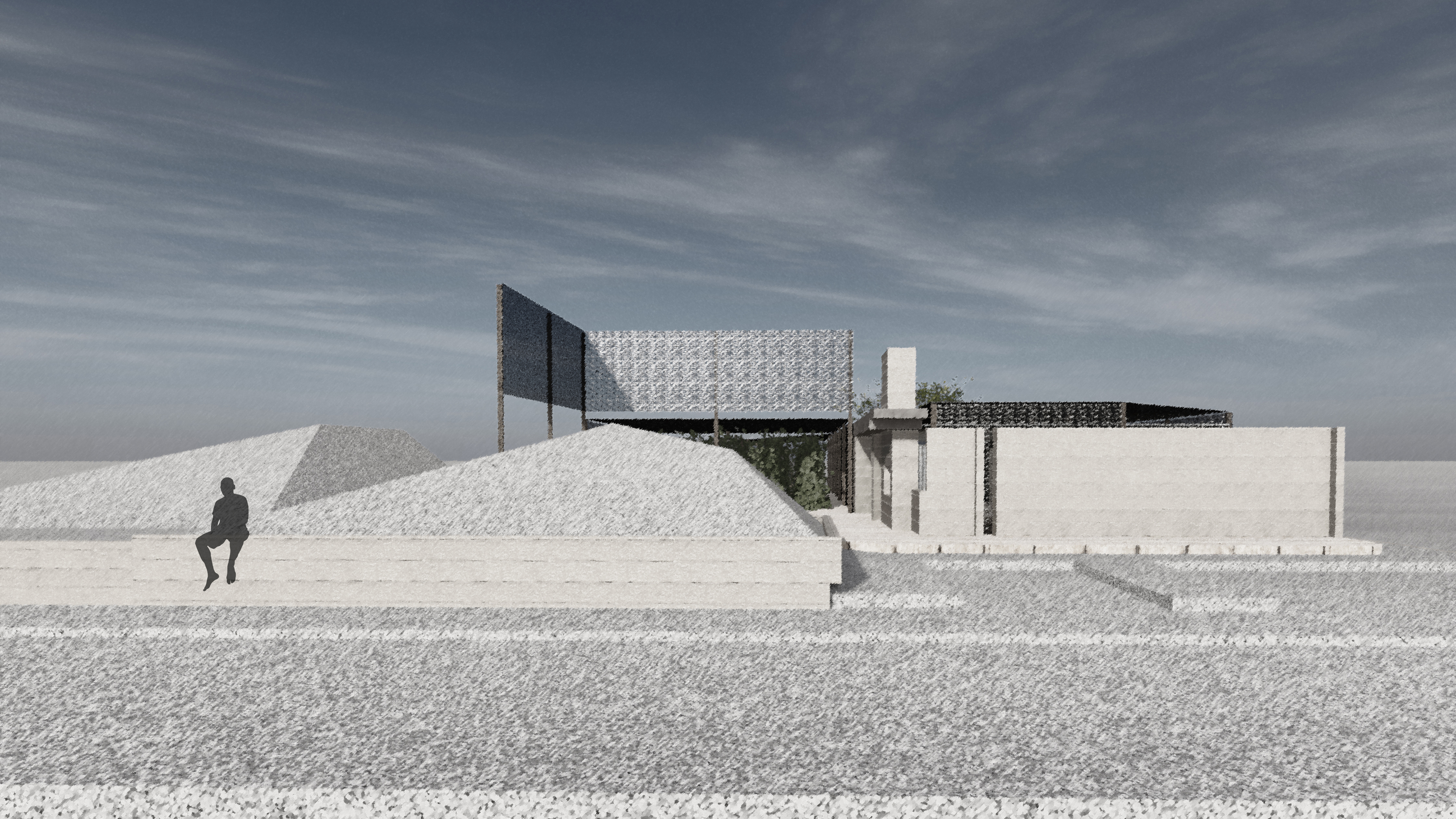
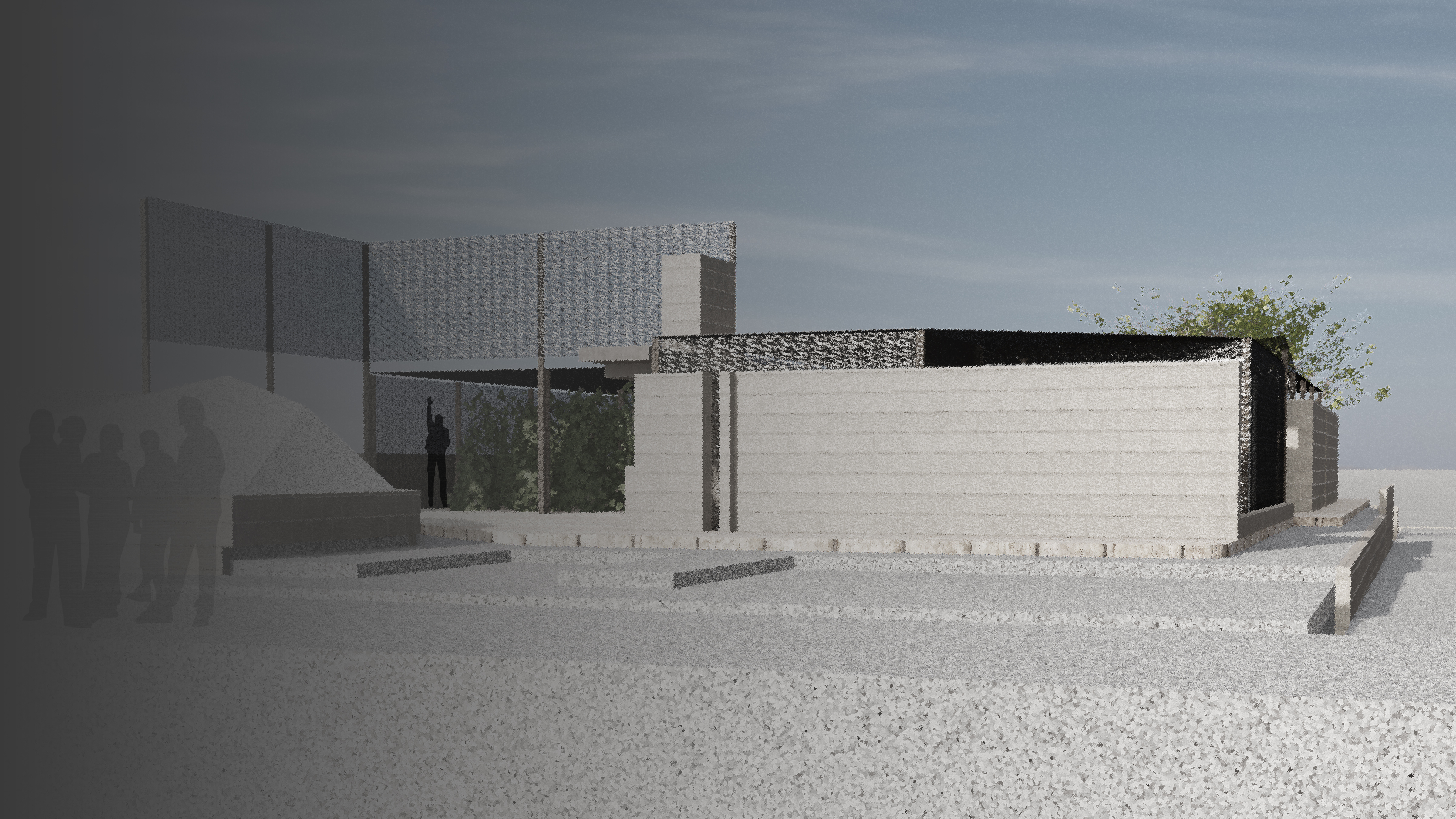

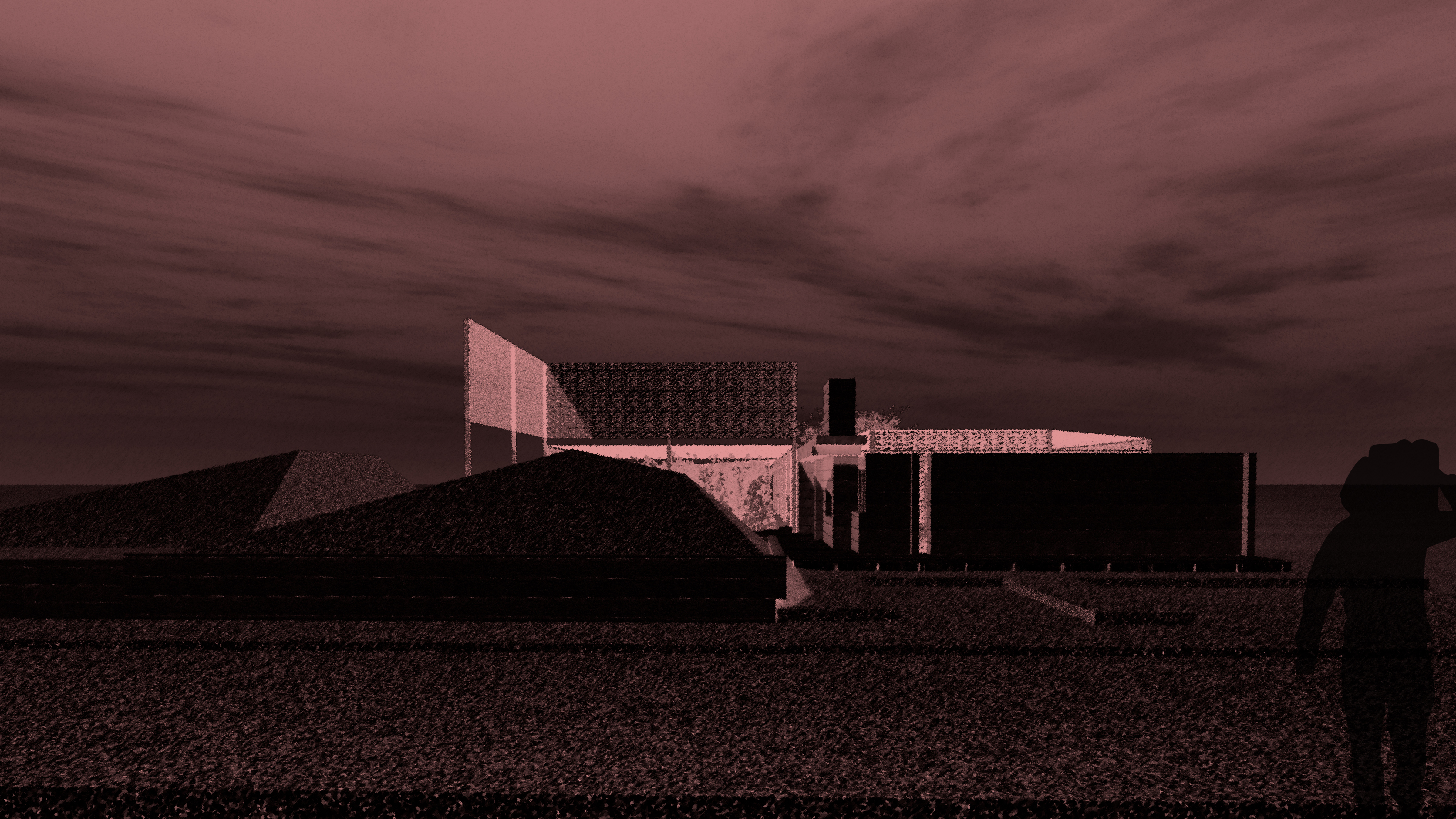
The Fog House is a hybrid approach that uses a sustainable strategy for shading-houses and water solutions that will increase resilience to climate change.

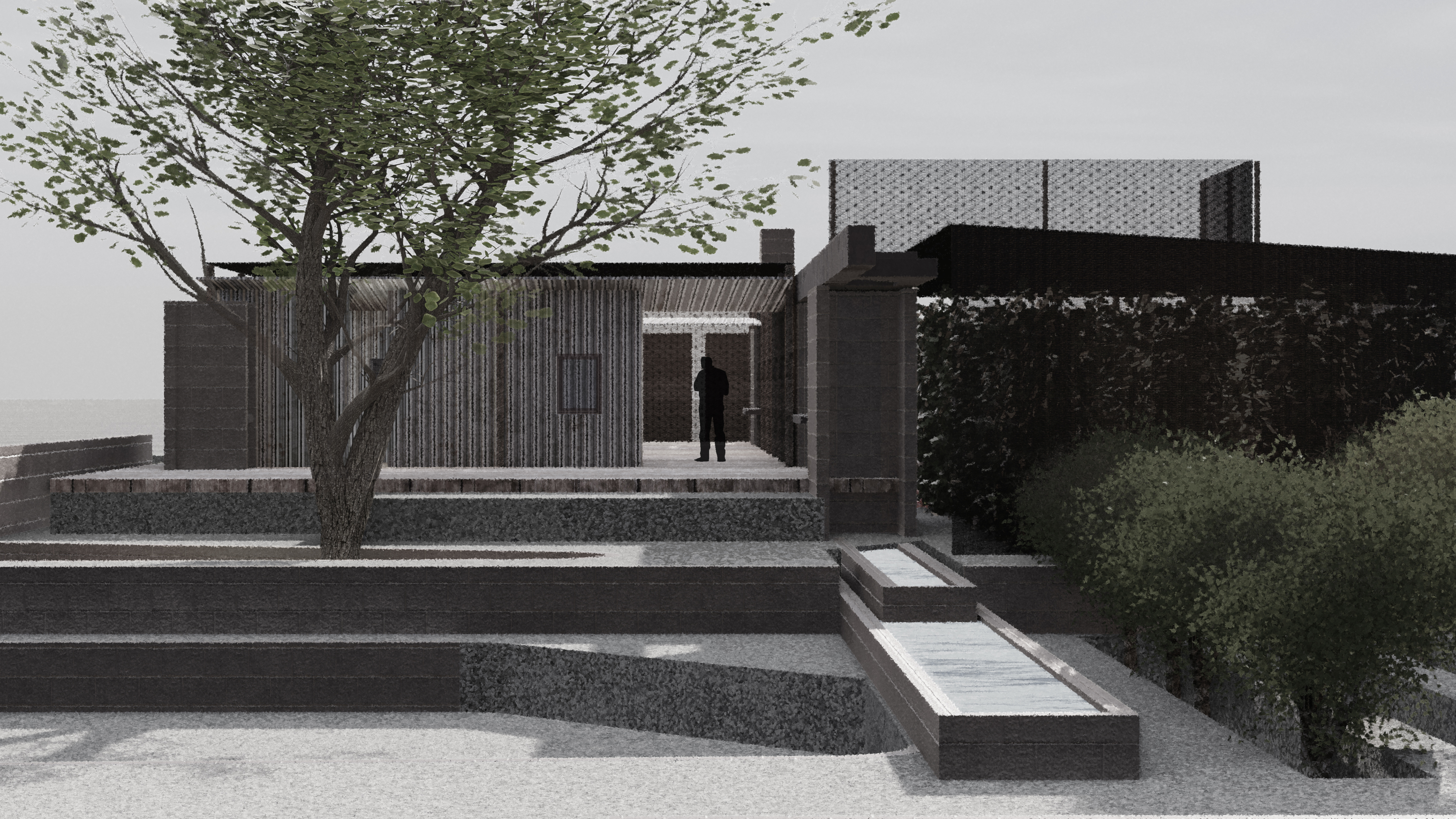



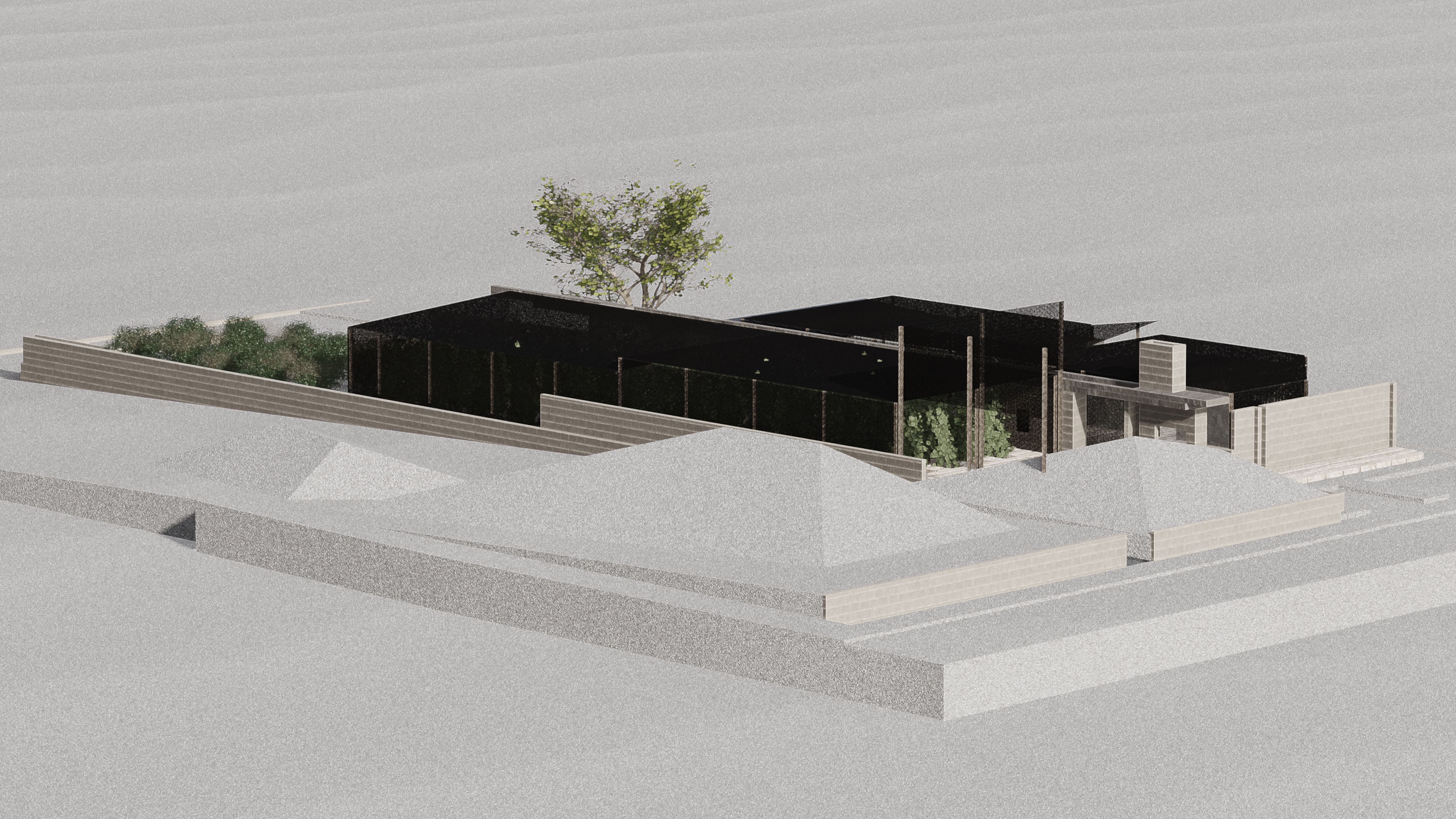

The Namib Fog House
The Namib Fog House is a more advanced urban agriculture household unit than the Garden House previously proposed in the Namib Desert. The Fog House will promote sustainable shading-house and water solutions for households that would increase resilience to climate change within the arid conditions of the Namib Desert and Swakop and Kuiseb River ecosystems of the Erongo region in Namibia. The project focuses on empowering Namibia's communities by creating sustainable vegetable gardens that use little or no irrigation water. These gardens are designed around a fog-collecting system that helps keep moisture levels high enough for plants to thrive with minimal human intervention.
The project aims to demonstrate how this technique can be replicated by other communities facing similar environmental challenges in southern Africa and throughout other parts of the world where people are looking for ways to adapt their lifestyles to changing climate patterns.
#Gobabeb #Research and #Training #Centre, #Southern #African #Science #Centre for #Climate #Change and #Adaptive #Land #Management The #African #Development #Climate #Institute Advanced Environmental Design Initiatives
TRANSITION DESIGN
AEDI STUDIO BERLIN, JOHANNESBURG.
AEDI STUDIO BERLIN, JOHANNESBURG.